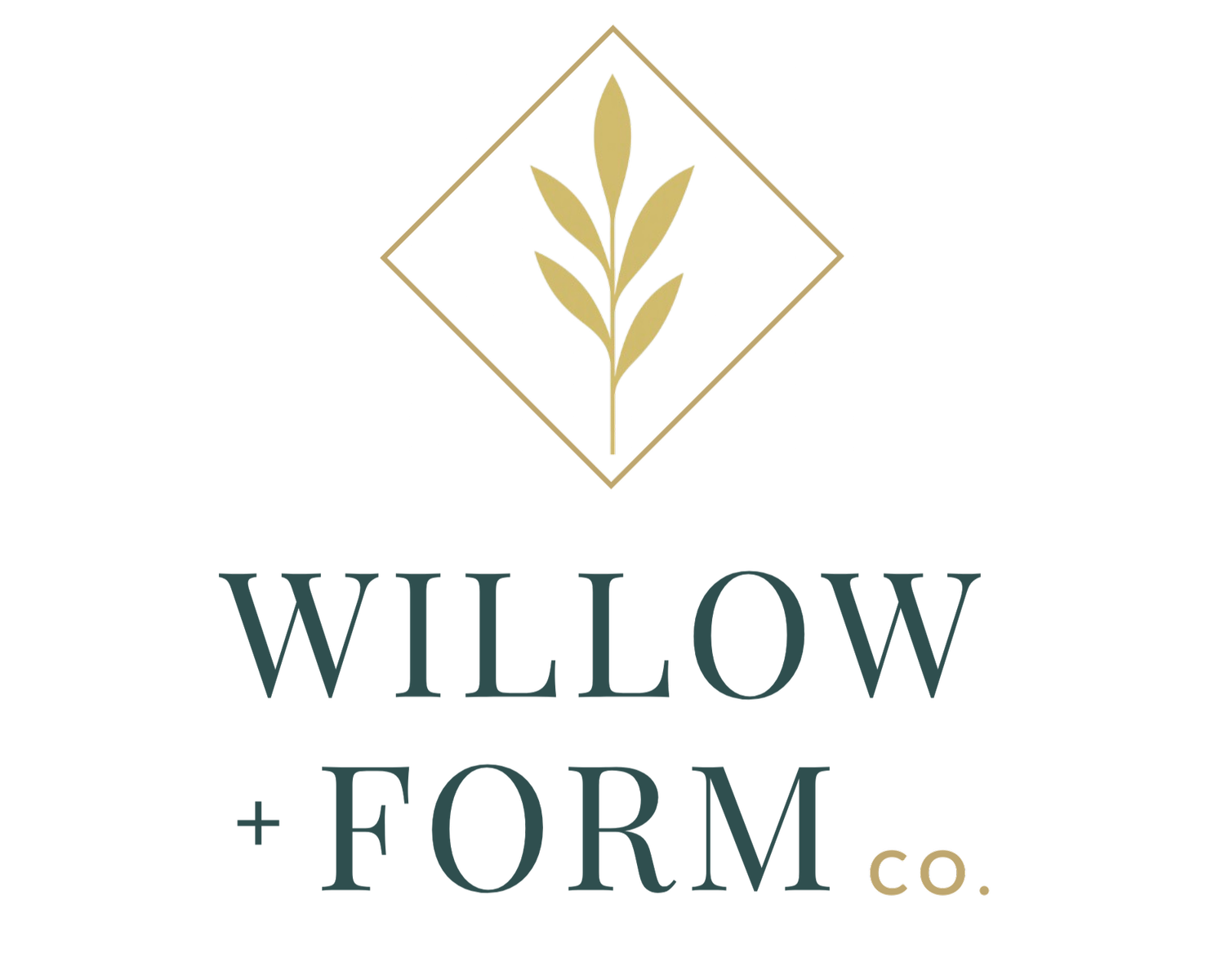Before You Fix the Process, Find the Friction
When a project stalls or a process breaks down, most teams go into reaction mode.
They add a new tool. They schedule another meeting. They try to fix symptoms without understanding the system.
But sustainable improvement comes from diagnosing what’s really going wrong, not just patching the visible problem.
At Willow + Form Co., we use structured discovery sessions to trace operational friction to its source.
What Is Discovery
Discovery is not a brainstorm or an audit. It’s a structured review of how work actually gets done across tools, people, and processes. We look at workflows, decision paths, tech tools, and communications to identify where things stall, duplicate, or get dropped.
We’re not here to point fingers. We’re here to ask questions.
The Root Cause Mindset
Root cause analysis is essential to building better systems. As Harvard Business Review points out in Are You Solving the Right Problems?, leaders often focus on what’s easy to measure instead of what actually drives improvement. In operations, that might mean addressing a missed launch by adding project tracking, when the real issue is unclear ownership or missing SOPs. Often, the issue isn’t the people or even the tools. It’s the system.
As quality management pioneer W. Edwards Deming put it, “A bad system will beat a good person every time.”
We work with clients to identify:
Where workflows diverge from expectations
Who is making decisions, and how
What tools are creating confusion instead of clarity
How documentation is (or isn’t) being used
Turning Discovery into Action
Once the true landscape is mapped, we co-create the systems that support better execution. That often includes:
SOPs and playbooks
SharePoint, Notion, or Airtable workspaces
Project workflows designed around actual capacity
Launch calendars and project dashboards
Intake and prioritization tools that prevent chaos from spreading
Templates and trackers built to support how your team thinks and works
Everything we build is rooted in what your team actually needs—not what the software default suggests.
If It Feels Hard, It Might Be the System
Even great teams can’t thrive in broken systems. If you’re experiencing slowdowns, misalignment, or duplicated work, there’s likely friction worth finding.
Sources
Harvard Business Review: Are You Solving the Right Problems?
W. Edwards Deming: Deming Quotes


